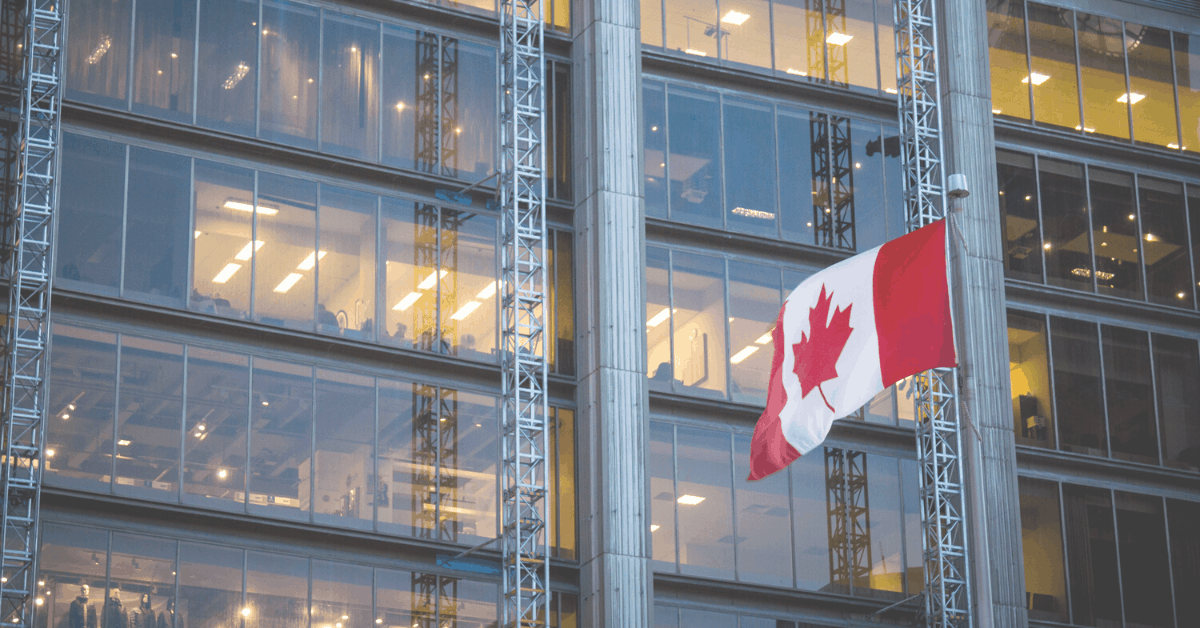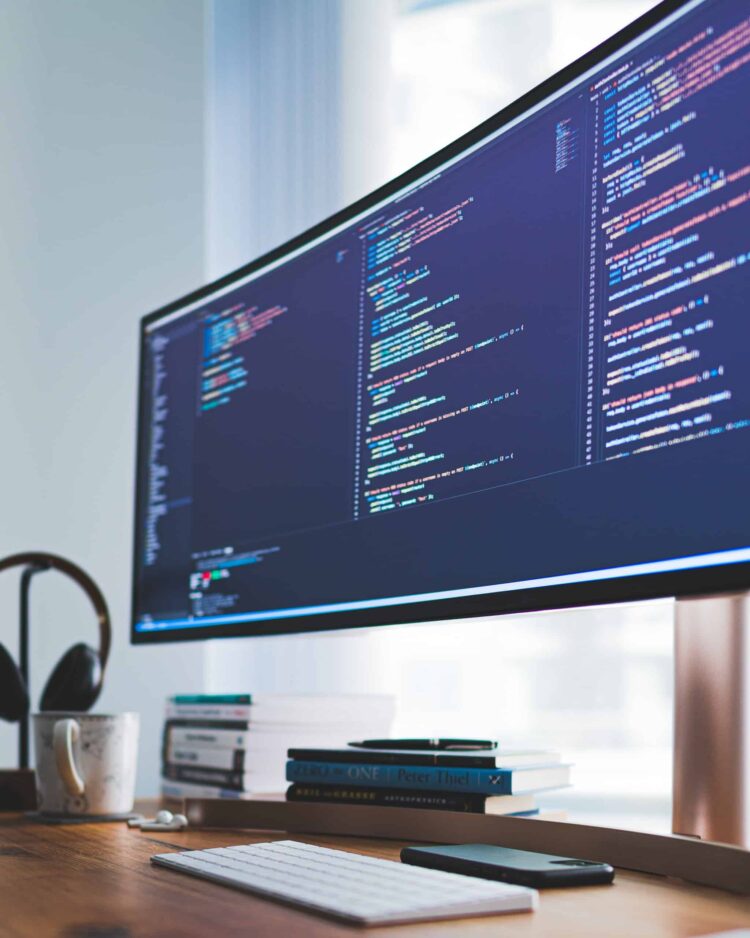Manitoba Technology Accelerator’s Start-up Visa Program

Authors: Reis Pagtakhan, Dale Melanson, Nicolas A. Joubert
The Start-up Visa program attracts innovative foreign entrepreneurs to immigrate to Canada to actively pursue their businesses in Canada.
Under the Start-up Visa program, a foreign entrepreneur with an innovative business that creates jobs for Canadians and will be able to compete on a global scale can obtain Canadian permanent residency for themselves, their families, their business partners and their business partners’ families.
To qualify for a start-up visa, the immigrant entrepreneur must have a minimum amount of settlement funds, must meet minimum language proficiency standards in English or French and must be able to demonstrate their ability to successfully in operate their business in Canada.
Most importantly, the immigrant entrepreneur’s business concept must be approved by what is called a “designated organization” — a business incubator, venture capital fund or angel investor — approved by the Government of Canada under the Start-up Visa program. Approvals from designated organizations come through the issuance of “letter of support.” To obtain a letter of support, the designated organization reviews the business plan and profile of the entrepreneurial team that will operate the business.
One such designated organization is Biomedical Commercialization Canada Inc. (operating as Manitoba Technology Accelerator).
MLT Aikins lawyers Reis Pagtakhan, Dale Melanson and Nicolas Joubert had the opportunity to speak with Marshall Ring, the Chief Executive Officer of the Manitoba Technology Accelerator about their designated organization’s Start-up Visa program.
- Marshall, how does MTA’s Start-up Visa program work? — Reis Pagtakhan, MLT Aikins Immigration Partner
MTA has a formal application process for individuals interested in our Start-up Visa (SUV) program. If an entrepreneur meets the minimum immigration requirements, they can contact me for an application form to start the process with us by emailing me at mring@mbtechaccelerator.com .
In our application process, we ask applicants to provide us with:
- a two-page business plan (which also indicates how much they will spend to build their company),
- a 10-slide pitch deck on their business,
- a statement of their personal net worth, and
- confirmation that they have achieved a minimum score on an English or French language test approved by the Government of Canada for the immigration process
We provide templates to MTA SUV applicants to format their business plan and slide deck in order to make it easier for MTA SUV applicants to know what we are looking for.
Once we receive an application, our SUV team reviews it within 21 days to make sure it meets the minimum requirements of the immigration program and fits within our capabilities. Our SUV review team is made up of between 10-20 individuals with experience in business, community and government.
After we complete our review, we get back to applicants in 48 hours with a decision or more questions.
Upon approval, we require applicants to sign a Services Agreement with us and to pay a deposit of for the first three months of our services. We then approve their application and issue the letter of support they need for their immigration application.
- How does MTA’s Start-up Visa program differ from other designated organizations? —Reis Pagtakhan, MLT Aikins Immigration Partner
The biggest feature of our program is our Services Agreement in which our MTA companies receive CEO advisory services from us for a period of 18 months.
These services are delivered by a former and current business owner on our team who act as mentors. On average, our mentors have 20-30 years of experience in business. Their backgrounds span a variety of industries, products and services in areas including: information technology management, emerging technologies, early-stage ventures, sales and marketing, manufacturing, biotechnology, agriculture, capital markets, medical devices, finance, strategic planning, e-commerce, and franchising. Our current team of mentors can be found here.
The business mentor we assign to our clients SUV business provide the following services:
- An initial review of our client’s business plan,
- Preparation of a Business Health Report Card for the SUV business which evaluates:
- Product readiness;
- Marketplace readiness; and
- Corporate readiness
and how to advance the business
- Quarterly reviews of the business plan;
- Monthly reviews and assistance to help the business advance your Business Health Report Card goals; and
- Monthly management team meetings and reviews to assist MTA start-ups with their businesses.
We will also provide our SUV businesses with desk space to work from in our Winnipeg office as well as access to a board room for necessary meetings. In addition, we also provide networking opportunities which have been held mostly in a virtual format during the pandemic.
Currently, our monthly rate for these services for a one-person SUV company is CAD$2,100. If there is a larger SUV team, our monthly rate will he higher.
As a business incubator, MTA does not provide financing to companies in our program. We also do not take any shares in our SUV clients’ companies.
- How important are the CEO advisory services you provide? — Dale Melanson, MLT Aikins Corporate/Commercial Counsel
Our CEO advisory services are, perhaps, the most important service we offer. Because the immigration visa program is not a passive investor program, a person cannot simply be an investor in the business. They must be actively involved in the business.
Since the Government of Canada requires all immigration applicants to show that they will be able to be economically established in Canada, our regular meetings with our SUV clients allows our mentors to provide them with business advice crucial to their success. Our written reports are also important as they not only help a person develop an SUV business but these reports can be used to explain the business’s progress if immigration officers ask for the information.
- Does MTA only support companies that will locate in Manitoba? — Dale Melanson, MLT Aikins Corporate/Commercial Counsel
MTA supports companies that will locate in any Canadian province and territory except Quebec. This is because applicants for a Start-up Visa cannot intend to immigrate to Quebec. Currently, we are supporting businesses located in Manitoba, British Columbia and Ontario
- Will MTA be able to secure financing for my company? — Nicolas Joubert, MLT Aikins Innovation & Emerging Growth Associate
While MTA does not provide financing, as a business incubator we often assist SUV companies in obtaining financing for their operations. While we cannot guarantee that every business we work with will get financing, over the last five years, MTA’s client companies have raised over $45 million of capital while being active in the program. Graduates of the MTA program have raised about $250 million over the same time frame.
- What sort of businesses are in or have completed MTA’s Start-up Visa program? Are there certain types of businesses that MTA will not accept into its Start-up Visa program? — Nicolas Joubert, MLT Aikins Innovation & Emerging Growth Associate
Because Start-up Visa applicants must have a business that would be innovative and scalable globally, we do not accept business that would cater only to a local market. For example, we do not accept entrepreneurs wanting to operate restaurants, hotels or retail stores or wanting to invest or develop real estate. However, we would closely look at businesses that will develop apps or systems that can be used by these businesses worldwide.
Generally, we are looking for companies with innovative technologies and products that are internationally scalable. A quick review of the companies we have worked with can be found here. This will you an idea of the types of businesses we accept.
While we are willing to look at all innovative business concepts, we do not typically have the in-depth knowledge to support companies that develop pharmaceuticals. We also do not work with service based companies such as marketing, import/export or hospitality companies.
- Do SUV applicants have to have a specific educational background to be accepted into MTAs Start-up Visa program? — Reis Pagtakhan, MLT Aikins Immigration Partner
No. However, education and training in a field related to the business would be important to know not only for our process but for the Start-up Visa immigration process.
- Do SUV applicants have to have specific work experience to be accepted into MTA’s Start-up Visa program? — Reis Pagtakhan, MLT Aikins Immigration Partner
No. However, like with education, if an SUV applicant has work experience in a profession, trade or occupation related to the business, this would be important to know not only for our process but for the Start-up Visa immigration process.
- If an SUV applicant has not owned a business before, can they still qualify for MTA’s Start-up Visa program? — Dale Melanson, MLT Aikins Corporate/Commercial Counsel
Yes. We have many applicants who have had careers working as employees in businesses and have not yet owned their own business.
- If an SUV applicant owns an innovative business outside of Canada, can they still qualify for MTA’s Start-up Visa program? — Dale Melanson, MLT Aikins Corporate/Commercial Counsel
Yes. While this is acceptable, owning an innovative business outside of Canada is not a prerequisite for the Start-up Visa or success with our program.
- Do SUV applicants have to have to be fluent in English or French? — Nicolas Joubert, MLT Aikins Innovation & Emerging Growth Associate
The Government of Canada has set a minimum language requirements that all Start-up Visa applicants must meet in either English or French. Before applying to MTA, we require applicants to indicate to us that they meet these requirements.
- Will MTA help SUV applicants with tax planning, accounting issues, legal issues, and protecting intellectual property? — Nicolas Joubert, MLT Aikins Innovation & Emerging Growth Associate
While our MTA mentors can provide general advice on these types of issues, for specific advice, we provide referrals to professionals such as accountants and lawyers.
- Will MTA help SUV applicants find employees for the business? — Dale Melanson, MLT Aikins Corporate/Commercial Counsel
Again, while our MTA mentors can help in all aspects of the business and can assist in determining some of the strategies that can be used to hire employees, all decisions with respect to recruiting and hiring employees are made by the business.
- Once MTA approves an SUV applicant to participate in MTA’s Start-up Visa program, are they guaranteed visas? — Reis Pagtakhan, MLT Aikins Immigration Partner
No. MTA is not a department or agency of the Government of Canada and does not make decisions on visas. While a commitment letter from a designated organization such as ours are necessary for the immigration process, this is only one of a number of considerations that will be looked at in a Start-up Visa application.
The final decision on any visa and admission to Canada is made by the Government of Canada.
- What is the success rate of MTA companies in terms of getting permanent residency? — Reis Pagtakhan, MLT Aikins Immigration Partner
To date, eight of our SUV companies have gone through the entire immigration process and have received their permanent residency.
If you are foreign entrepreneur looking to immigrate and pursue your business to Canada, MTA and MLT Aikins would be pleased to assist you prepare and navigate the process. Please contact MLT Aikins lawyers Reis Pagtakhan, Dale Melanson or Nicolas Joubert to get started.
Email Marshall Ring to receive your Start-Up Visa Program application package.




